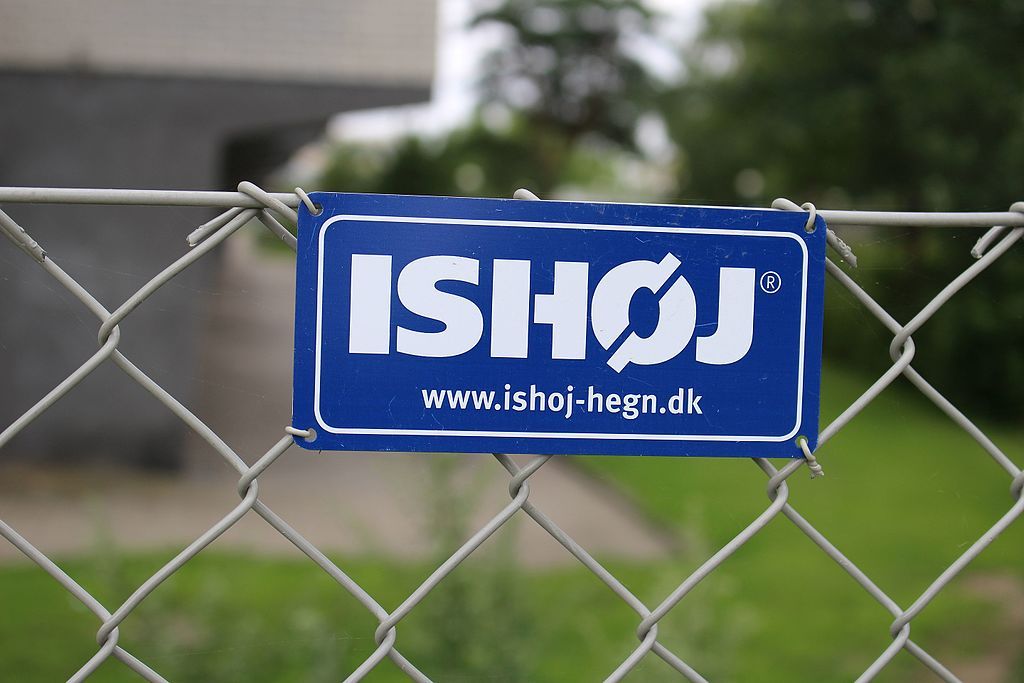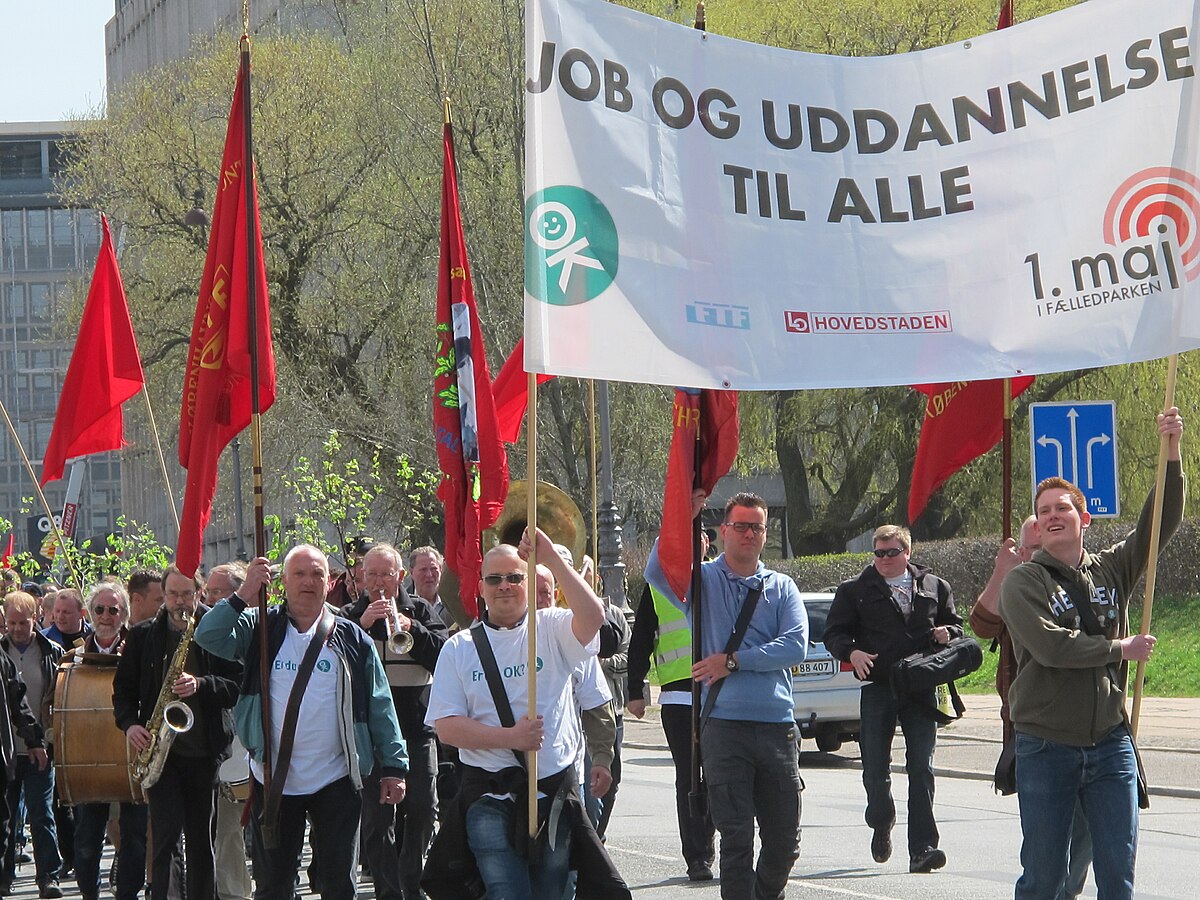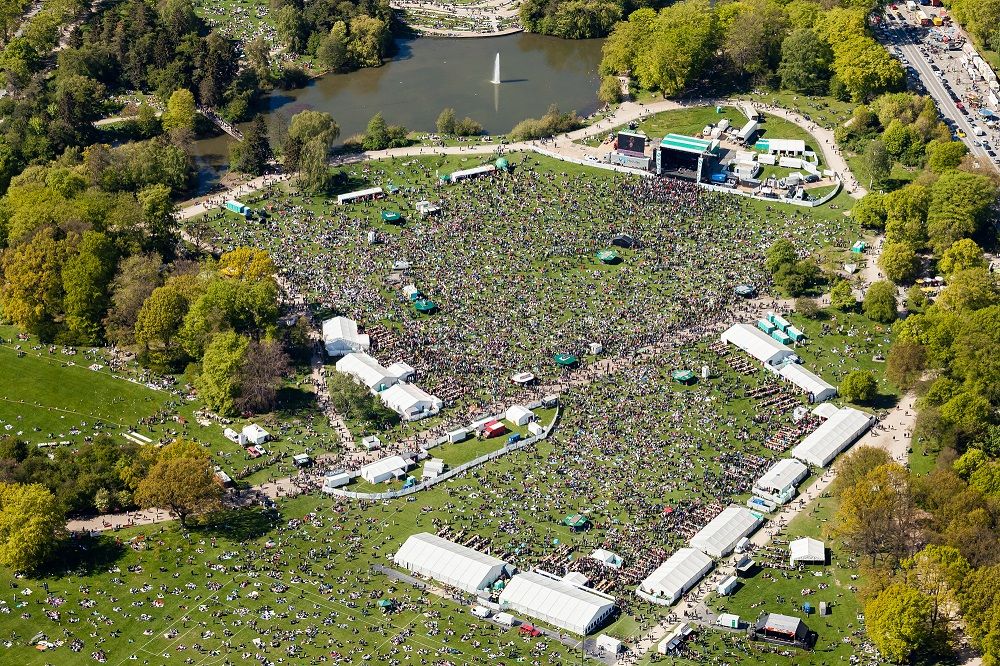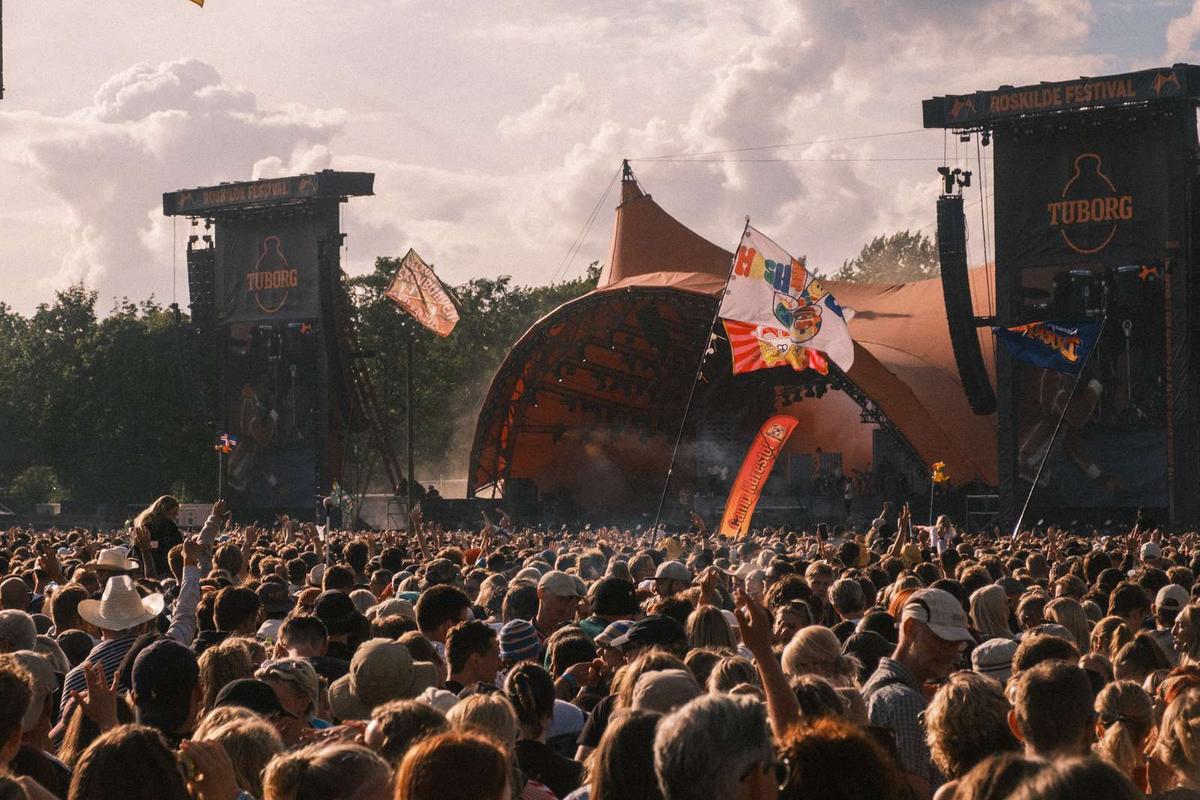Ishøj Municipality in the western suburbs of Greater Copenhagen has always had a reputation for gang problems, high immigrant numbers and crime in general, and now it is the worst breeding ground for coronavirus in Denmark, according to the latest figures.
It has recorded an infection rate of 275 per 100,000 inhabitants over the past week – the highest in the country – and last week it exceeded 300. At number two, nearby Greve only has a rate of 144.
It reflects a widespread problem across the western suburbs (see dark red section on map below: seven of its municipalities are among the top ten worst hit areas in the country) where many people are inclined to go about their business without facemasks.
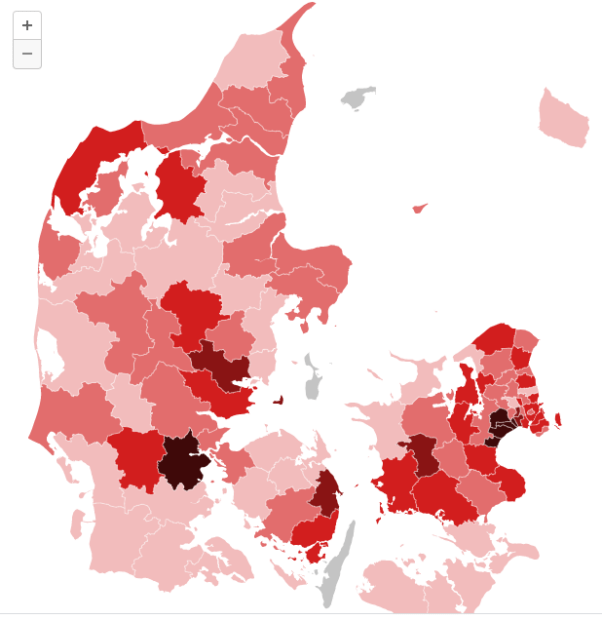
Defiantly not wearing facemasks
At the Ishøj Bycenter shopping centre, TV2 witnessed three youths with no facemasks defiantly smoking beneath a ‘No Smoking’ sign. Facemasks appeared when the authorities approached, but only briefly and barely reaching their nostrils.
One Ishøj resident who spoke to TV2 was adamant there is only one thing such unruly youths understand.
“More police. It is the only thing that works in Ishøj,” she said. “I’m not going out unless it’s necessary.”
Mayor blames mix of many different ethnicities
According to Ishøj’s mayor, Ole Bjørstorp, the challenge is engaging with the “cultural mix” of the municipality.
“There are many different ethnicities in Ishøj, which makes it difficult to assess what is right and wrong,” he told TV2.
Housing estate chair blames municipality
Dorte Hjort, the chair of the nearby Vildtbanegård residential area, in turn blames the municipality for doing little to inform the residents and only making half-hearted attempts to open testing facilities.
“We have a [shopping] centre that abounds with people without masks. But not a single thing about corona has come to some of the residents out here,” she told TV2.
“I can’t really see that the municipality has done anything – at all. But the mayor goes out and points fingers at the housing associations and says we must take responsibility.”
Copy the Finnish model!
Joachim Hoffmann-Petersen, a Konservative candidate for Parliament who is the chair of the society for anesthesiology and intensive care, believes that a complete lockdown is needed in the capital. Outside Copenhagen, he suggests, they should start lifting restrictions.
The method he proposes is called the Finnish model because back in April a complete lockdown of Helsinki – which involved, with the help of the military, closing off all traffic to the capital – succeeded in bringing the rate quickly down.
“There is fairly significant fatigue in Denmark regarding the restrictions, and I think it will be difficult to maintain the restrictions with only mediocre popular support,” he said.
Deeper into the toolbox to prevent another wave
Referring to the western suburbs, he contended that “these are the same municipalities that have been the problem for a year now. So the things we are doing now are not working very well. I think you have to look a little deeper into the toolbox.”
With different variants of the coronavirus making steady ground, Hoffmann-Petersen argues there is a danger there will be another wave.
Let’s resist martial law for now!
However, Anders Beich, the chair of the society for general medicine, think the effect of such drastic action will be modest at best.
He instead advises more help for municipalities like Ishøj, such as making more facilities available to isolate people who live in large households, and more testing.
“I think we could encounter a lot of trouble if we erect internal border signs up and down the country,” he said.

